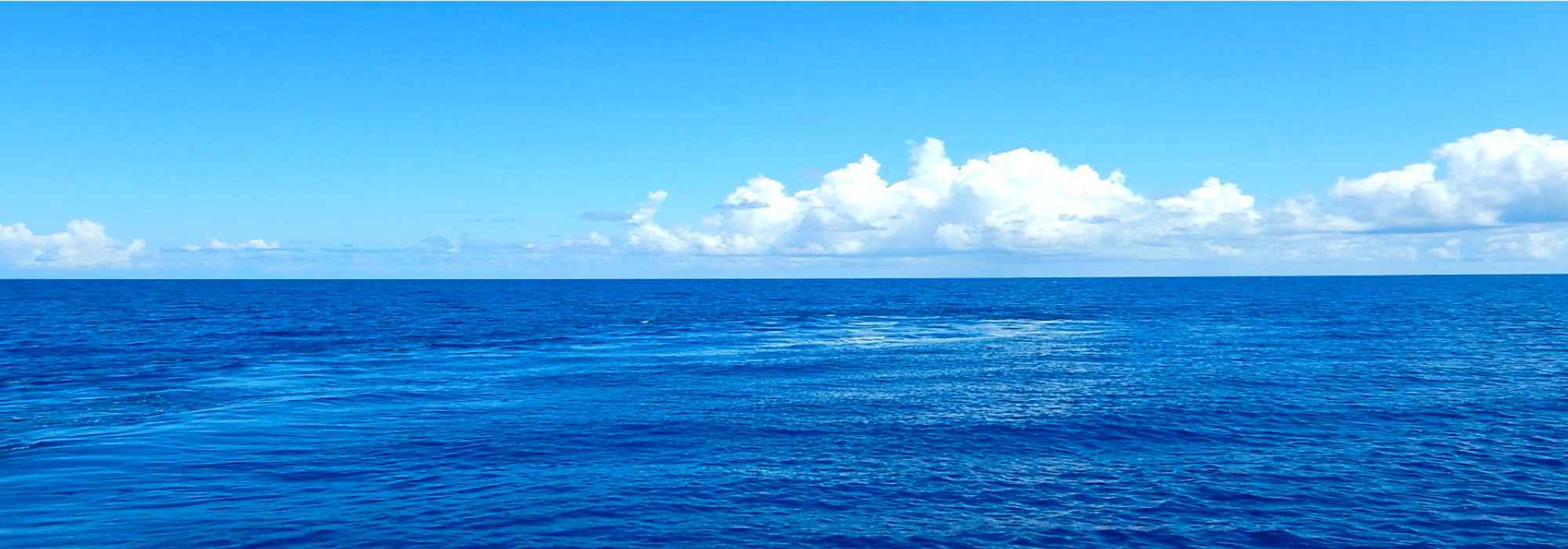Food Culture > Meals
31 Entries
Tuvaluan
日本語/English
Notes
oso1
n.
provisions given for a journey or a fishing trip (Jackson 2001)
名
旅や釣りに行くために用意された食料 (Jackson 2001)
[参] oho1.
oho1
n.
[N] provisions given for a journey or a fishing trip (Jackson 2001)
名
[北] 旅や釣りに行くために用意された食料 (Jackson 2001)
[参] oso1.
fakataukai
v.
[N] eat together
動
[北] 一緒に食べる
fakatau (do something together) + kai (eat). fakatau- is a prefix indicating simultaneous action by two or more people (Ranby 1980).
fakatau(一緒に行う)+ kai(食べる). fakatau- は2人以上の人が同時に行う行為を意味する接頭語(Ranby 1980). [参] fakataupehe:一緒に歌う.
fakalikiliki
v.
fast, go without eating
動
断食する,食べずに過ごす
faka- (cause an action) + likiliki (hungry).
faka-(~の状態にする)+ likiliki(空腹な).
fakalikilikiga
n.
fasting, the act of going without eating
名
断食すること,食べずにいること
fakalikiliki (fast) + -ga (noun marker).
fakalikiliki(断食する)+ -ga(名詞マーカー).
inu tī
v.
have breakfast
動
朝食を食べる
inu (drink) + tī (tea).
inu(飲む)+ tī(お茶). 文字通りには「お茶を飲む」.Tou inu tī. 朝食を食べましょう.午後に言うと「軽食を食べましょう」という意味になる.[参]'kaiga pogipogi, 'kaiga taeao.
